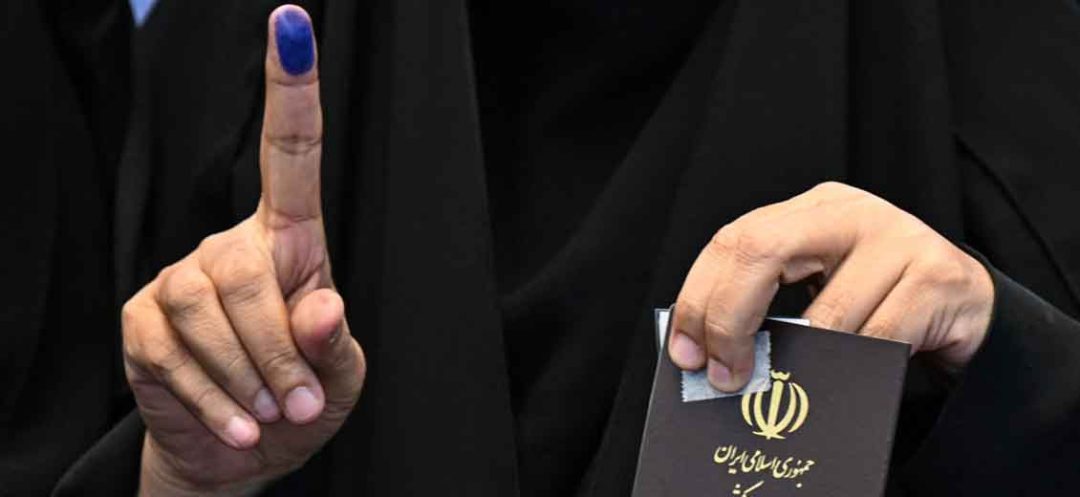Iranians are heading to the polls on Friday for a run-off presidential election amid widespread voter apathy and heightened regional tensions.
The run-off comes after a June 28 election with historically low turnout, where over 60% of Iranian voters abstained following the death of Ebrahim Raisi in a helicopter crash. Critics view the low participation as a vote of no confidence in the Islamic Republic.
In Friday’s election, the race narrows between low-profile lawmaker Masoud Pezeshkian, the sole moderate from the original field of four candidates, and hardline former nuclear negotiator Saeed Jalili.
Polling stations open at 8 a.m. local time (0430 GMT) and close at 6 p.m. (1430 GMT), typically extending until as late as midnight. The final results are expected on Saturday, with preliminary figures possibly available earlier.
While the election’s impact on Iran’s policies is limited, the president will play a crucial role in selecting the successor to Ayatollah Ali Khamenei, Iran’s 85-year-old supreme leader who oversees all major state matters.
Khamenei acknowledged on Wednesday a “lower than expected turnout,” cautioning against assuming that those who abstained in the first round oppose Islamic rule.
Voter turnout has declined significantly over the past four years, reflecting growing public discontent over economic challenges and restrictions on political and social freedoms.
In the 2021 presidential election that brought Raisi to power, only 48% of eligible voters participated, and turnout was 41% in the parliamentary elections in March.
The election occurs against a backdrop of escalating regional tensions amid the conflict between Israel and Iranian allies Hamas in Gaza and Hezbollah in Lebanon, as well as increased Western pressure on Iran regarding its nuclear program.
The next president is unlikely to shift major policies on Iran’s nuclear program or support for militia groups across the Middle East, but will influence Iran’s day-to-day governance and tone of foreign and domestic policies.
Both candidates are establishment figures loyal to Iran’s theocratic rule, though analysts suggest Jalili’s victory would signal potentially more antagonistic domestic and foreign policies.
A win by Pezeshkian could lead to a more pragmatic foreign policy stance, easing tensions in stalled negotiations to revive the nuclear agreement with major powers, and improving prospects for social liberalization and political pluralism.
Both candidates have pledged to tackle Iran’s struggling economy, plagued by mismanagement, state corruption, and sanctions reinstated since 2018 after the U.S. withdrew from Tehran’s 2015 nuclear deal with six world powers.
The hashtag #ElectionCircus has gained traction on social media, with some activists calling for a boycott to protest what they see as an election that would legitimize the Islamic Republic.










